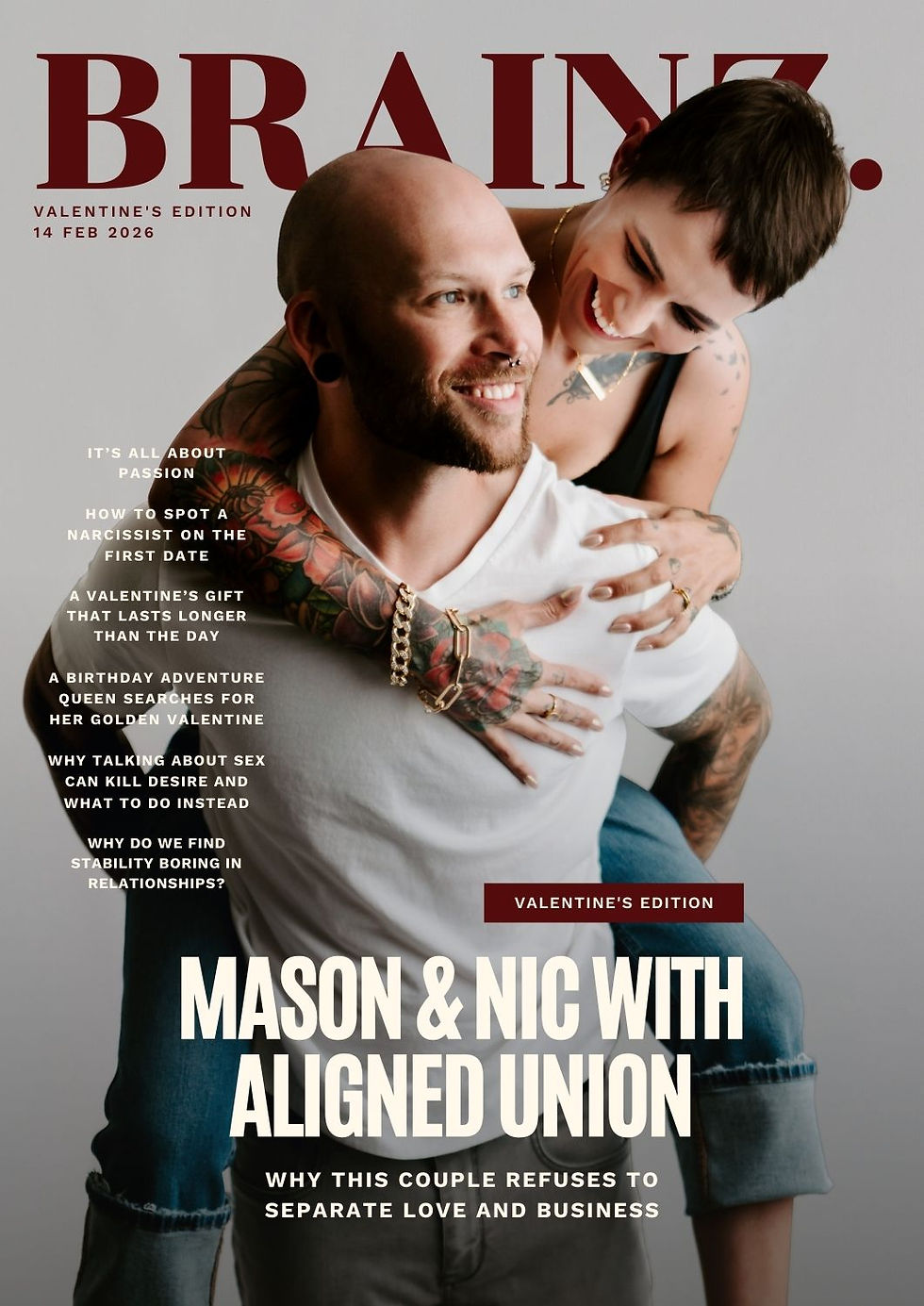What is Patrescence? –understanding the Psychological Shift in Modern Fatherhood
- May 8, 2025
- 4 min read
Markella Kaplani, M.A., is a licensed psychologist specializing in parenthood and relationship dynamics. With over 16 years of experience, she brings a holistic and compassionate approach to mental and emotional wellness, supporting parents in reconnecting to themselves, their partners, and their dreams so that the entire family system can thrive.

You’ve heard of matrescence, the psychological, emotional, and physical transition into motherhood. But did you know that something just as profound happens to men when they become fathers? It’s called patrescence. From identity shifts and brain rewiring to hormonal changes and emotional upheavals, becoming a dad is far more than a social role; it’s a full-body transformation. So, let’s explore what patrescence is, what the science says about it, and why recognizing this transition is key to thriving in fatherhood.

What is patrescence?
Patrescence is the term used to describe the developmental process men undergo as they transition into fatherhood. Coined in parallel to "matrescence," patrescence encompasses the psychological, emotional, relational, and even biological shifts that happen when a man becomes a father. Just as adolescence transforms a child into an adult, patrescence marks a profound inner shift from man to father. It often involves a redefinition of identity, new priorities, changing relationships, and a significant increase in emotional sensitivity and responsibility.
How does patrescence reshape a man's identity?
Fathers often describe becoming a dad as a "before and after" moment in life. Research shows that this identity shift isn’t instantaneous; it's a gradual, lived process. In qualitative studies, new fathers recount themes such as assuming responsibility, struggling to define what makes a "good dad," comparing their role to that of the mother, and managing changes in their relationship dynamics. Many say that fatherhood forced them to grow up fast, let go of ego-driven priorities, and become more patient, empathetic, and self-aware. Importantly, most fathers today want to be emotionally present, not just providers, but they often feel unprepared, unseen, or unsupported in this pursuit.
What biological changes occur in new fathers?
Patrescence doesn’t just affect the mind and heart – it reaches the body and brain, too. Research in neuroscience and endocrinology reveals that:
Testosterone drops post-birth, helping men shift from competition to caregiving.
Oxytocin increases through baby interaction, enhancing bonding and nurturing behaviors.
Prolactin rises in some men, correlating with stronger emotional connection and less stress.
Brain structure changes in areas tied to empathy, vigilance, and reward. Studies show that involved fathers experience cortical volume reductions (e.g. in the precuneus), suggesting a pruning process that fine-tunes the brain for parenting.
In short, involved fathering literally rewires the male brain and hormone system, making parenting not just a choice but a biologically supported behavior.
How does patrescence affect mental health?
While fatherhood can bring joy and meaning, it can also provoke anxiety, burnout, or even depression. Around 8–10% of fathers experience paternal postpartum depression. Factors like sleep deprivation, financial stress, lack of social support, and having a partner with postpartum mood disorders all play a role. And since fatherhood isn't often centered in perinatal conversations, many dads feel like they have to suffer in silence. Normalizing patrescence can help men recognize their emotional needs, seek help without shame, and build resilience in their parenting journey.
Why is it time we talk more about patrescence?
Recognizing patrescence allows us to:
Validate men’s emotional and psychological experiences of becoming a parent
Encourage active and involved fathering from day one
Reduce stigma around dads needing support
Improve couple dynamics by fostering mutual understanding
By making patrescence part of the conversation in prenatal classes, pediatric offices, and media narratives, we not only support men, but we help families thrive.
Start your journey today
Patrescence is real. It’s powerful. And it deserves a name, a space, and support. Whether you're a new dad, an expecting father, or a professional working with parents, take time to reflect on the transitions men go through in becoming fathers. If you're looking to explore these changes and find support in navigating them, I invite you to listen to Episode 4 on The Parenthood and Relationship Podcast or check out my content @markella.kaplani and DM me so we can discuss. Let’s give fatherhood the recognition it truly deserves.
Read more from Markella Kaplani
Markella Kaplani, Parenthood & Relationship Coach | Psychologist
Markella Kaplani, M.A., is a multi-passionate, restless soul passionate about discovering the depths of the psyche and what makes us whole. In her quest to support people along their journey for better mental and emotional health, Markella is a dedicated lifelong learner. She holds an M.A. in Clinical-Counseling Psychology (M.A.), but also specializes in child psychology, special education, couple's therapy, and motherhood psychology, which provides her with a holistic perspective of the family system, both internally and externally. With her non-judgmental, culturally sensitive, and compassionate approach, she marries facts with each unique person's experience to create interventions that speak to their individuality.









